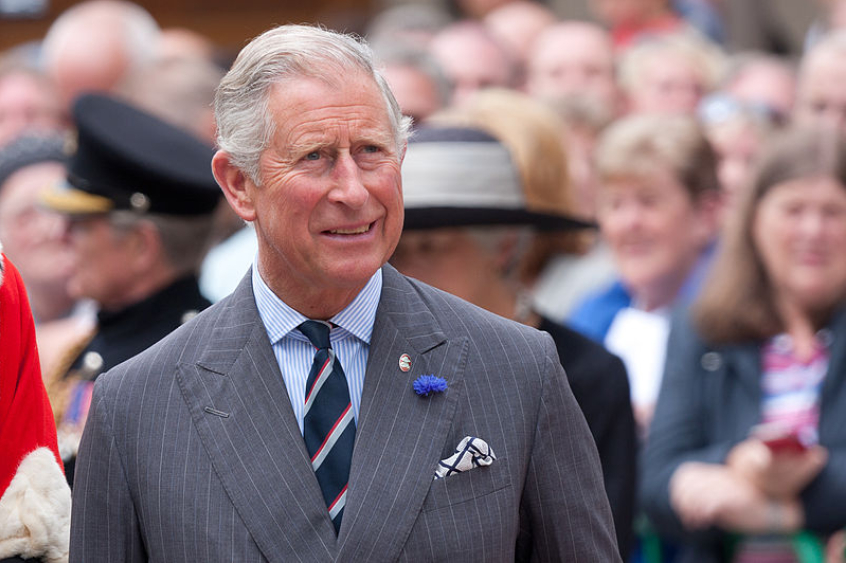
The report in The Sunday Telegraph that senior Anglican leaders are wanting to involve representatives of non-Christian faiths in the coronation of the next monarch for the first time in British history will come as no suprise to probably most Christian Today readers.
After all, Prince Charles in his famous 1994 interview with Jonathan Dimbleby expressed his preference to be a defender of faith in general rather than just the Protestant Christian faith his mother promised to defend in 1953.
However, the issues raised by the involvement of non-Christian religious leaders in the coronation service at Westminster Abbey are significant both for the monarchy and for the Church by law established.
The Telegraph report insists that "there is no question of a multi-faith service in which all gods are considered equal. The sacred central acts of the coronation must remain intact, and the service entirely Christian – but within that framework it should be possible to 'recognise' other faiths, perhaps by allowing their representatives to take part in symbolic acts, such as the lighting of candles."
Despite these off-the-record assurances from senior Anglican clerics, it is not beyond the bounds of possibility that such representatives would be invited to say prayers or give readings from their scriptures. That is already happening in services conducted by Anglican clergy.
The public perception of the national Church is that it has a very flexible set of beliefs. That perception, understandable given the unlawful conduct of some clergy, is in fact wrong.
The spiritual convictions of the Church of England are clearly set out in its 39 Articles of Religion. Because they are enshrined in the Canons (rules) of the Church of England, these beliefs as they impact on the ministry of frontline clergy are part of the law of the land.
Article 18 of the 39 Articles has significant bearing on the Church of England's inter-faith relations. It is entitled 'Of Obtaining eternal salvation only by the Name of Christ'. Despite the 16th century language and punctuation, the Article is quite intelligible as to how Anglicans are to understand the spiritual status of non-Christian religions.
Article 18 declares that "they also are to be had accursed (anathema) that presume to say, That every man shall be saved by the Law or Sect which he professeth, so that he be diligent to frame his life according to that Law, and the light of Nature. For holy scripture doth set out unto us only the Name of Jesus Christ, whereby men must be saved".
So, on the question of whether people can be saved by observing their non-Christian religion, the Church of England is a sign post and not a weathercock. Its official, public doctrine issues a categorical 'no' to that claim.
A service that gives the impression that people can be saved by a non-Christian religion is clearly ruled out by our 39 Articles. Surely it is not being a 'swivel-eyed loon' to suggest that the coronation of the next Supreme Governor of the Church of England should be faithful to its stated beliefs about the supremacy and uniqueness of the Lord Jesus Christ.













